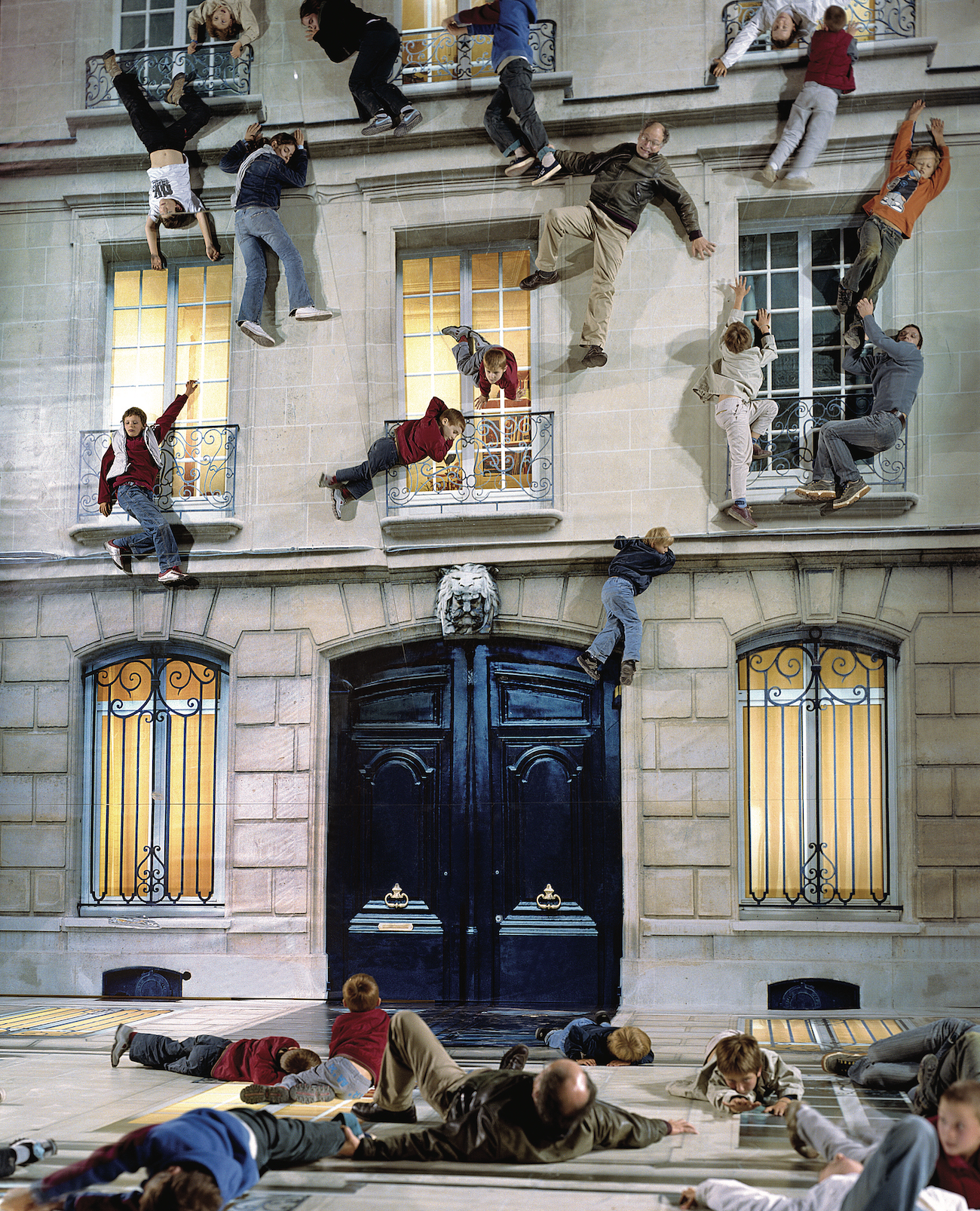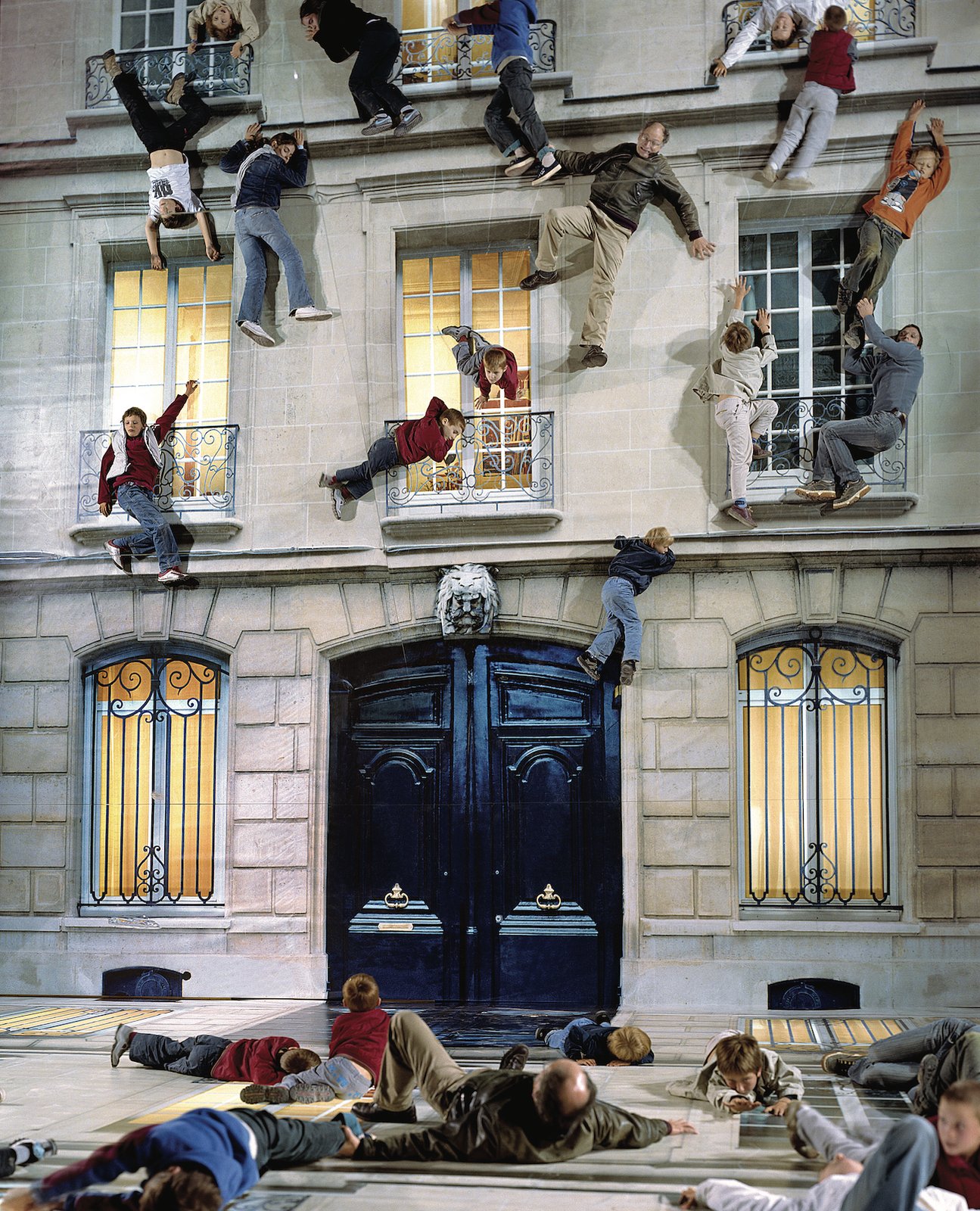TheMuseum of Fine Arts, Houston (MFAH)announces the opening of a new exhibition celebrating the work of Argentine conceptual artist,Leandro Erlich. Occupying two rooms, the immersive installation will explore Erlich's expansive career. His work explores the "psychological subversion of everyday spaces that challenge our sense of balance, space, and the absolute."
Paradoxes and illusions
Moreover, Erlich's work seeks to construct visual paradoxes and optical illusions that force viewers to question their own perception of reality. A few examples include: a staircase that misleads to go nowhere; an elevator that appears partially stuck below ground; a swimming pool that appears to reflect one group of onlookers above, and a different group below the water's surface.

The exhibition
The exhibition opens June 26th and runs through September 5th in Houston. Two large-scale installations,Le cabinet du psy (The Psychoanalyst's Office)2005 andBatîment(2004), will anchor a selection of smaller works. Among them include:Elevator(1996),Neighbors(1996),ProjectorCorridor(2007), andNightFlight(2015)
Further, MFAH Director, Gary Tinterow, elaborated on the immersive exhibition:
“Leandro Erlich has been mining the uncanny in the everyday for nearly 30 years. His work has been presented worldwide, yet not as frequently in the U.S.,” commented Gary Tinterow, Director and Margaret Alkek Williams chair of the Museum of Fine Arts, Houston. “It is especially because Erlich began his artistic career here in Houston and at the MFAH, as a resident of the Core program of the Glassell School of Art, that I am so pleased this will be both a homecoming for him and a revelation for our audiences.”
Over more than 25 years, Leandro Erlich has deeply considered the emotional, social and even socio-political dimensions of our everyday environments,” said Mari Carmen Ramirez, Wortham Curator of Latin American Art. “His interventions into ordinary spaces resonate perhaps even more so today, at a time when our collective sense of time and space has become fluid and uncertain.”
Gary Tinterow
Learn more and plan your visit atmfah.org. Read more art related content onRain.
